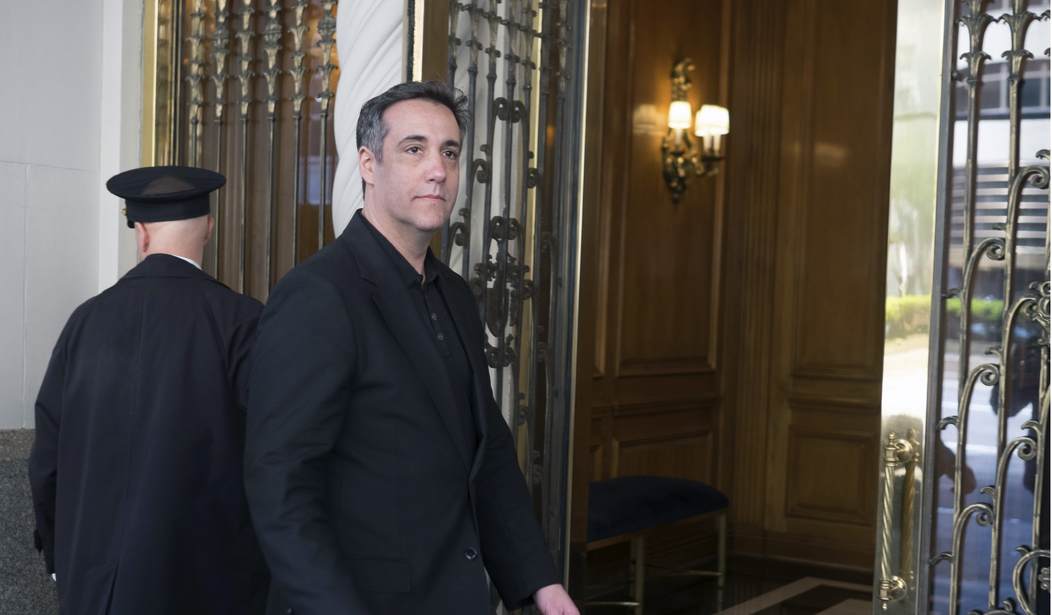A Retrospective Look At The Work WikiLeaks Made Possible As Assange Remains Silenced
by Elizabeth Vos, Disobedient Media:

An argument is only as good as the evidence it cites. For this reason, WikiLeaks embodies one the most significant information armories in existence. John Pilger spoke to this importance when he compared WikiLeaks with a mainstream press that he called nothing more than “state-stenography.” In the wake of news of Assange being cut off from the outside world by order of the Ecuadorian government, Pilger also wrote that the “silencing of Assange is the silencing of us all.”
After this author and other independent journalists, whistleblowers and friends of Assange took part in a ten-hour vigil to call for the journalist’s freedom of speech to be upheld under the banner #ReconnectJulian, many have continued to publicize the injustice of his inability to speak and have contact with the outside world on top of his ongoing arbitrary confinement.
As this writer previously noted, a topic of discussion during the online vigil centered on the irreplaceable impact WikiLeaks has had through the documentation of evidence of corruption and war-crimes. The consequences of WikiLeaks’ most well-known accomplishments cannot be overstated.
In a 2016 conversation with Democracy Now, Julian Assange described WikiLeaks:
“….WikiLeaks has become the rebel library of Alexandria. It is the single most significant collection of information that doesn’t exist elsewhere, in a searchable, accessible, citable form, about how modern institutions actually behave. And it’s gone on to set people free from prison, where documents have been used in their court cases; hold the CIA accountable for renditions programs; feed into election cycles, which have resulted in the termination of, in some case—or contributed to the termination of governments, in some cases, taken the heads of intelligence agencies, ministers of defense and so on. So, you know, our civilization can only be as good as our knowledge of what our civilization is. We can’t possibly hope to reform that which we do not understand.”
The resonance stemming from the information published by WikiLeaks extends infinitely beyond the scope of a few well-known issues like the Iraq War Logs, Collateral Murder, Cablegate or Vault 7. Taking stock of the work impacted directly by WikiLeaks from even one small outlet like Disobedient Media creates an immense array of topics, in a microcosm of the depth and breadth of ammunition WikiLeaks has given to anti-establishment journalism.
For example, William Craddick’s ground-breaking coverage of the Laura Silsby child trafficking scandal would not have been possible without the WikiLeaks publication of emails showing Clinton and State Department interference on Silsby’s behalf. Craddick wrote of multiple email chains published by WikiLeaks which demonstrated that “Clinton intervened politically on behalf of Laura Silsby.”
Likewise, WikiLeaks’ publication of the Dutroux dossier strengthened Disobedient Media’s coverage of the fact that court records showed, without doubt, that Marc Dutroux was one link in a vast chain of human traffickers with strong enough establishment ties that Dutroux was greatly enriched through the activity. Disobedient Media wrote:
“There were over eight hundred mentions of Nihoul in the WikiLeaks dossier, published in 2009. The notes record the presence of a photo of Nihoul with “various political figures… Nihoul proposed to reduce [traffic] girls from Eastern countries…WikiLeaks’ Dutroux dossier also shows large financial transactions, maps of numerous European countries, and the presence of international currencies including Morrocan and Saudi Arabian money. The dossier shows payments of hundreds of thousands of francs to Michelle Martin, Dutroux’s then-wife, and to Dutroux’s personal bank account.”
Disobedient Media’s coverage of Greg Bucceroni’s testimony of an East Coast child abuse network was yet another article published by this outlet that was bolstered with documentation from WikiLeaks. Our report stated:
“WikiLeaks emails sent during the crisis reveal that in behind-the-scenes discussion of Rendell’s Haitian efforts, Hillary Clinton’s aides characterized Rendell as extremely motivated to remove the children from Haiti as quickly as possible. The discussion included statements by Clinton aides showing an awareness that the children Rendell sought to fly from the earthquake-ravaged island nation included 12 minors who were not involved in any adoption process.”
The following screenshot illustrates the extremely relevant email chain published by WikiLeaks.
Read More @ Disobedientmedia.com


